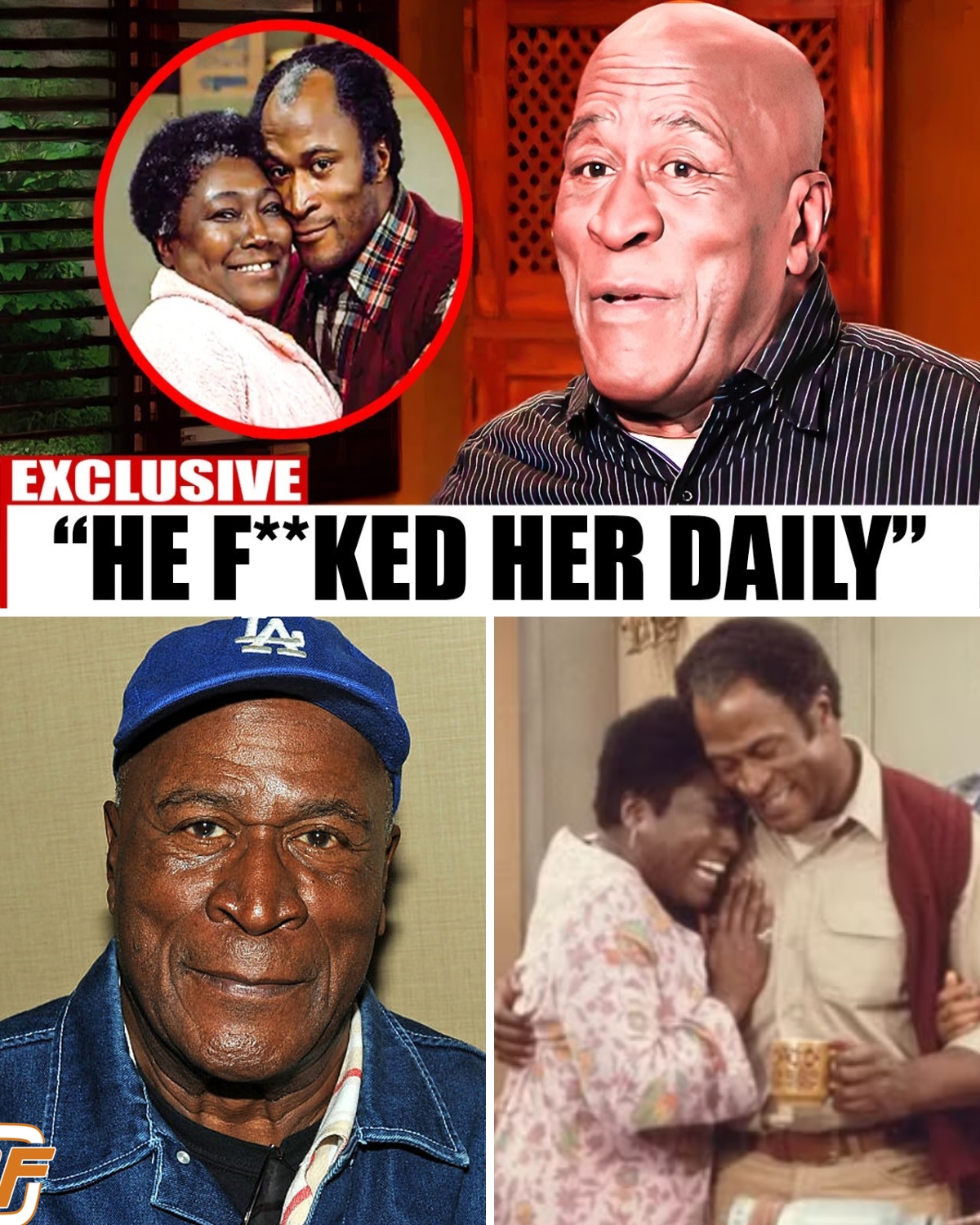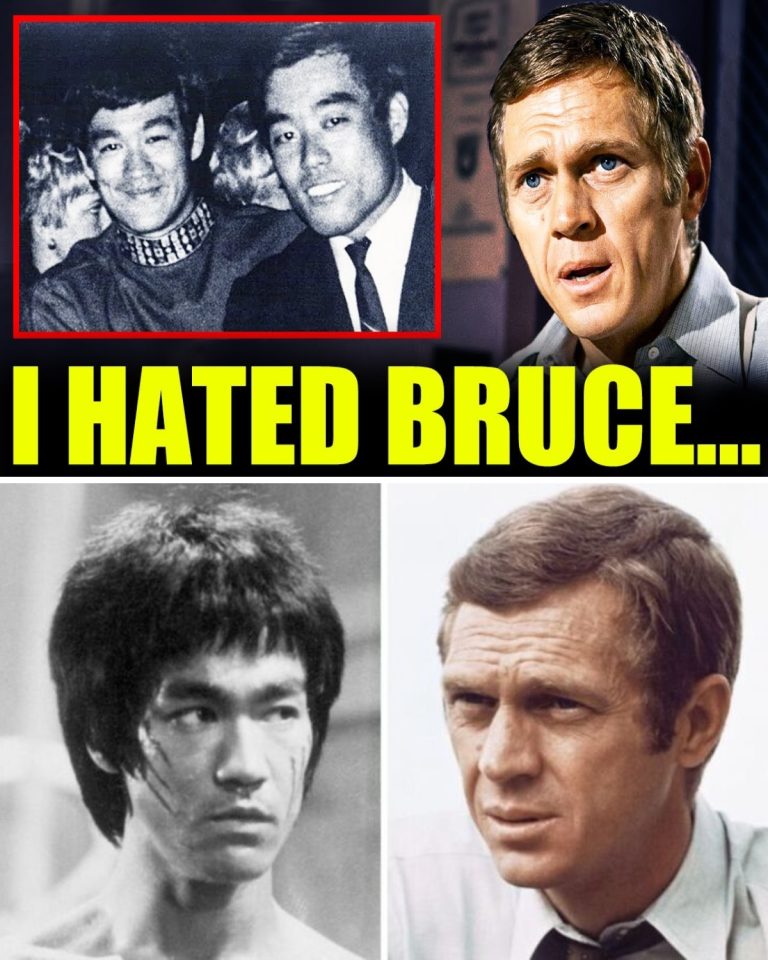In an explosive revelation, legendary actor Jimmy Walker has pulled back the curtain on the turmoil that plagued the iconic 1970s sitcom *Good Times*, revealing the tension, isolation, and conflict that simmered behind the scenes of what many considered a groundbreaking show. In a candid description that paints a stark contrast between laughter and loneliness, Walker confidently exposes the fissures that divided the cast, particularly between him and his co-stars Esther Rolle and John Amos, a rift that ultimately altered the trajectory of the show and his career forever.

Walker’s journey on *Good Times*, where he became synonymous with the catchphrase “Dy-no-mite!” was not the light-hearted adventure audiences imagined. While his character, J.J. Evans, dazzled viewers with comedic flair and engaging antics, the reality was that Walker felt isolated and marginalized, embroiled in conflicts that ultimately cost him friendships both on and off the set. Walker’s revelations are not just bombshell details; they echo the painful truths of Hollywood’s entertainment industry, where behind-the-scenes drama can drastically shape public perceptions and careers.
In a gripping retrospective, Walker recalls the stark professionalism that characterized his interactions with his co-stars. “I honestly say I don’t remember ever speaking a word to Esther the whole time she was there,” he confesses, shedding light on the cold distance that developed. From the first script read-aloud where he questioned the aesthetics of the show, to moments of stark tension and creative disagreements over character portrayal, Walker’s dynamic with co-stars served as both fuel for the laughter on the screen and the source of palpable strife behind the scenes.
As *Good Times* gained popularity, Walker and Amos, along with Rolle, represented not just individual characters but the overarching image of a harmonious Black family striving against societal struggles. However, the deep-seated belief that J.J.’s oversized comedic presence overshadowed the serious themes raised by the show sparked incessant battles. John Amos, who famously criticized the character as lacking depth—“J.J. was written as an 18-year-old who does nothing, learns nothing, and thinks nothing”—felt that Walker’s relentless focus on humor undercut their mission to portray a model Black family. This rift culminated in Amos’s departure after the third season, a move that Walker acknowledged with a heavy heart, stating, “The show has never been the same since James disappeared.”

The urgency in Walker’s narrative reveals a man trapped in the duality of fame: he was a beloved icon with a phrase that fought for a place in colloquial pop culture while also being a solitary figure, lonely amidst the laughter. In hindsight, Walker reflects on the irony of his circumstances. “Here I am, the bright star of *Good Times*, and yet I feel like a fish out of water.” He reveals a painful truth that laughs masked hurt, creating an unbearable contradiction that became a hallmark of his experience. The determination to uphold a comedic identity, embodied in his characterization of J.J., became a survival mechanism in an increasingly competitive and cutthroat industry.
“The audience expects a certain brilliance from me,” Walker asserts, reclaiming his space amid the shadows cast by departed co-stars. Yet, the pressure was immense. As the seasons went on, he found himself burdened with the responsibility to keep the laughter alive when his fellow cast members sought to infuse depth and dignity into their portrayals. While his comedic bits thrived, the atmosphere created palpable tension, making it more difficult than ever to create the ensemble magic that fans revered.
As the drama unfolded on set, distant relationships intertwined with Walker’s off-screen life, resulting in a shrinking circle of support. He humorously dubbed the years post-*Good Times* as the “bad times,” echoing the loneliness that permeated his personal life. Struggling under the shadow of J.J., Walker found it a Herculean task to land roles without the stigma of being the funniest black man on television. “I lost many opportunities because they only thought of J.J.,” he lamented, noting that roles that could have defined his transition from the beloved sitcom simply withered away. Hollywood box offices echoed laughter, but they simultaneously silenced the voices of their stars who fought to carve out distinct identities beyond their characters.

This absence of personal connection extends beyond professional dynamics; Walker’s solitary lifestyle, marked by his never marrying or settling down, further reflects the realities of celebrity pressures. He oftentimes sought refuge in political activism, articulating views that diverged from the mainstream narrative of his contemporaries. Yielding controversial opinions led to three unfortunate outcomes: career challenges, social isolation, and inconsistent public perception.
Now, in 2024, as Netflix prepares to revive *Good Times* through an animated remake, Walker reflects on the new take that he believes misses the pulse of the original show. His concerns extend to the ever-recycling Hollywood approach that disregards the social tones that made the show both a cultural milestone and emotional journey. Moreover, with the passing of John Amos, Walker’s memories of their complex relationship illustrate the painful intertwining of competitive spirits with deep industry respect—an echo of both camaraderie and rivalry that marked their legacy.
As Walker continues to headline his stand-up acts, navigating the all-encompassing shadows of his illustrious past, he resonates with both wisdom and regret. His career showcases a unique struggle: a laughter-filled icon confronting the joy and sorrow that fame brought along with deeply embedded scars. Even at 78, he embodies resilience, writing his second book and prepping for new films while still addressing community issues like skin cancer awareness, thereby evolving from a simple comedian to a pillar of social consciousness.
In a society that often reduces the quest for greatness to mere popularity, Walker’s narrative serves as a compelling tale of the price of success—where the quest for laughter can lead to a solitary path riddled with challenges and unmet desires. “Without that experience, I wouldn’t have become the resilient artist I am today,” he admits, showcasing strength 𝐛𝐨𝐫𝐧 from adversity, poignant reflections that span multiple layers of his life and career.
As the world now reflects on this complex legacy, Walker encourages candid conversations surrounding creativity, camaraderie, and professional boundaries. His honesty sheds light on the reality behind the cameras, juxtaposing moments of laughter against the unique loneliness permeating the lives of entertainers. The stories may come from the past, yet they remain heavily resonant, igniting discussions about the tumultuous realities faced in the glimmering limelight of show business. The truth, as Walker now knows, is more vibrant than any sitcom laugh track could ever convey. The legacies of J.J. Evans, Jimmy Walker, John Amos, and Esther Rolle intertwine in a historical tapestry built upon shared joy, despite the undeniable wounds—an enduring testament to resilience, creativity, and the stark reality of being a star.






